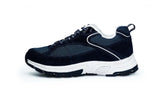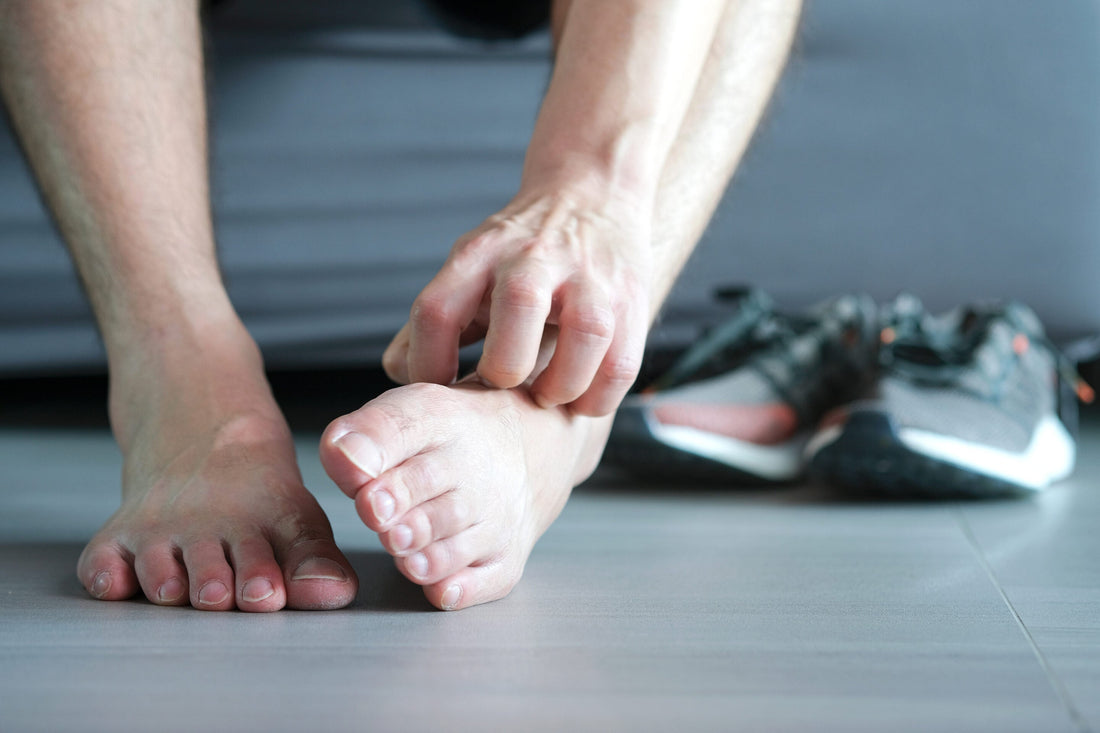Stepping into Awareness: Understanding and Treating Athlete’s Foot
An athlete’s foot, also known as tinea pedis, is a common fungal infection that affects the skin on the feet. Despite its name, this condition doesn't exclusively target athletes; it can affect anyone. However, athletes and active individuals are more susceptible due to factors like sweaty feet, communal showers, and close skin-to-skin contact.
What is an Athlete’s Foot?
Athlete’s foot is caused by various types of fungi, most commonly the Trichophyton species. These fungi thrive in warm, moist environments, making sweaty shoes and damp socks an ideal breeding ground. The infection typically starts between the toes but can spread to other parts of the foot.

Signs and Symptoms
- Itching: One of the early signs is persistent itching, especially between the toes.
- Redness and Inflammation: The affected skin may appear red, and swollen, and may peel or crack.
- Blisters: Fluid-filled blisters may develop, leading to oozing and crusting.
Prevention Tips
Treatment Options
When to Seek Medical Attention
If your symptoms persist or worsen despite self-care measures, it's essential to consult a healthcare professional. They can provide a proper diagnosis and recommend appropriate treatment options.








